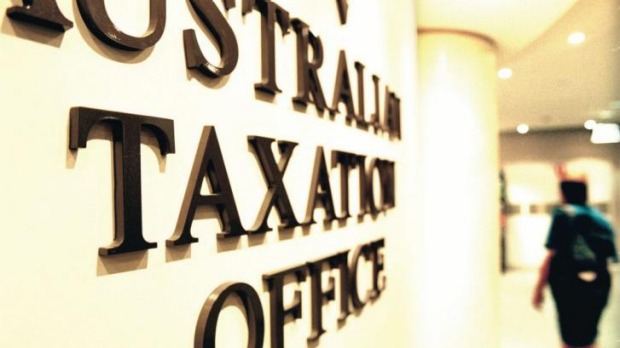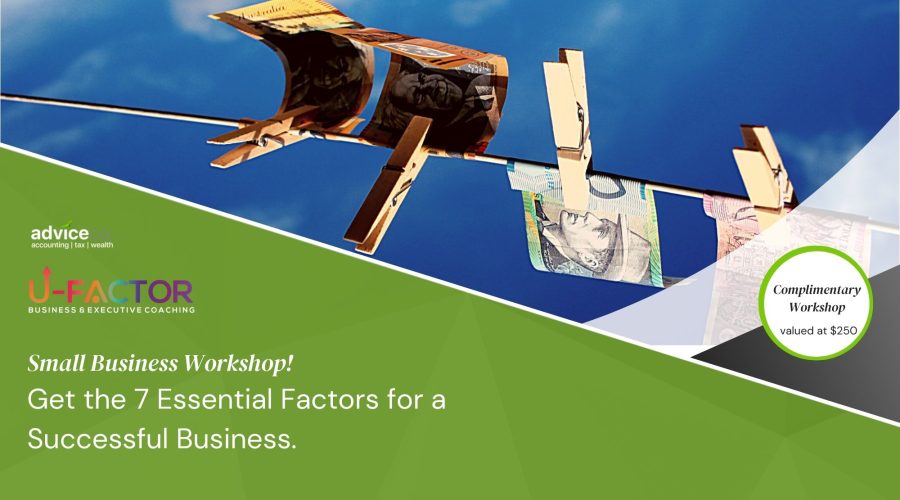Taxpayers still guilty until proven innocent Posted on October 9, 2018

A parliamentary inquiry had pushed the government to radically overhaul current rules that give the ATO extraordinary powers to hunt down taxpayers, after hearing taxpayer complaints about heavy-handed and unfair treatment at the hands of “cowboy auditors”.
The tax disputes inquiry, chaired by Queensland Liberal National MP Bert Van Manen, had suggested the ATO shoulder the burden of proving fraud or evasion in some cases. It stopped short of recommending the ATO be split in two – an idea floated by former treasurer Joe Hockey before the Coalition took power.
But the inquiry, headed by the House of Representatives Standing Committee on Tax and Revenue, had recommended that the government establish a new second commissioner for appeals. This was an idea also put forward by the Inspector-General of Taxation Ali Noroozi, but one that the ATO had been fiercely resisting.
The government’s response to the committee – handed down in December less than three months after Scott Morrison took over as Assistant Treasurer – said there was “no need for legislative separation”.
It noted the ATO had sought to make dispute resolution more cordial by establishing a new area with responsibility for taxpayer objections, as well as in-house mediation. Tax Commissioner Chris Jordan has said this offers a “fresh set of eyes” when disputes with small business occur.
Mr Noroozi said while the ATO had taken positive steps, consistent with the earlier IGT recommendations, to move objections from compliance into legal, a separate appeals area under a separate commissioner could still be on the cards. “Our recommendation could be resorted to in the future if the same problems for taxpayers consist,” Mr Noozi said.
The government also dismissed the inquiry’s recommendation that the onus should be on the ATO to prove an accused taxpayer is guilty and that findings or allegations of fraud or evasion should only be made by an SES officer.
One of the concerns raised by the inquiry was that small business and individual taxpayers often lack the resources to fight if the Tax Office on fishing expeditions and uses its extraordinary powers to gather information that it then uses against the taxpayer.
Individual taxpayers and small businesses who gave testimony at the inquiry explained how they lost their businesses and livelihoods because of auditors hitting them with tax bills that were later proved to have no basis.
But the government said that a shift in the burden of proof would be “counter-productive” and could result in “sham behaviour” by taxpayers associated with fraud and evasion.
The government also rejected the inquiry’s recommendation that the ATO should be forced to get a judge’s approval before issuing a “departure prohibition order” like the one used to hold Crocodile Dundee star Paul Hogan in 2010. It said such a move would put tax administration out of step with other agencies making greater use of DPOs, such as the department of human services.
The inquiry had also taken issue with general interest charges dished out against taxpayers during disputes, and sometimes used as leverage against them. The government did not agree to immediately amend tax laws, but did note that the ATO would work with Treasury to explore “possible changes that could reassure the community about the fair application of interest charges”.
Chartered Accountants head of tax Michael Croker said the charges were regarded as excessively high and may punish taxpayers who deserve a chance to get their tax affairs back on track.
Taxpayers Australia spokeswoman Lisa Greig said the changes made at the ATO to dispute resolution were yet to make a difference and until “practice catches up with theory” the same problems would continue.





